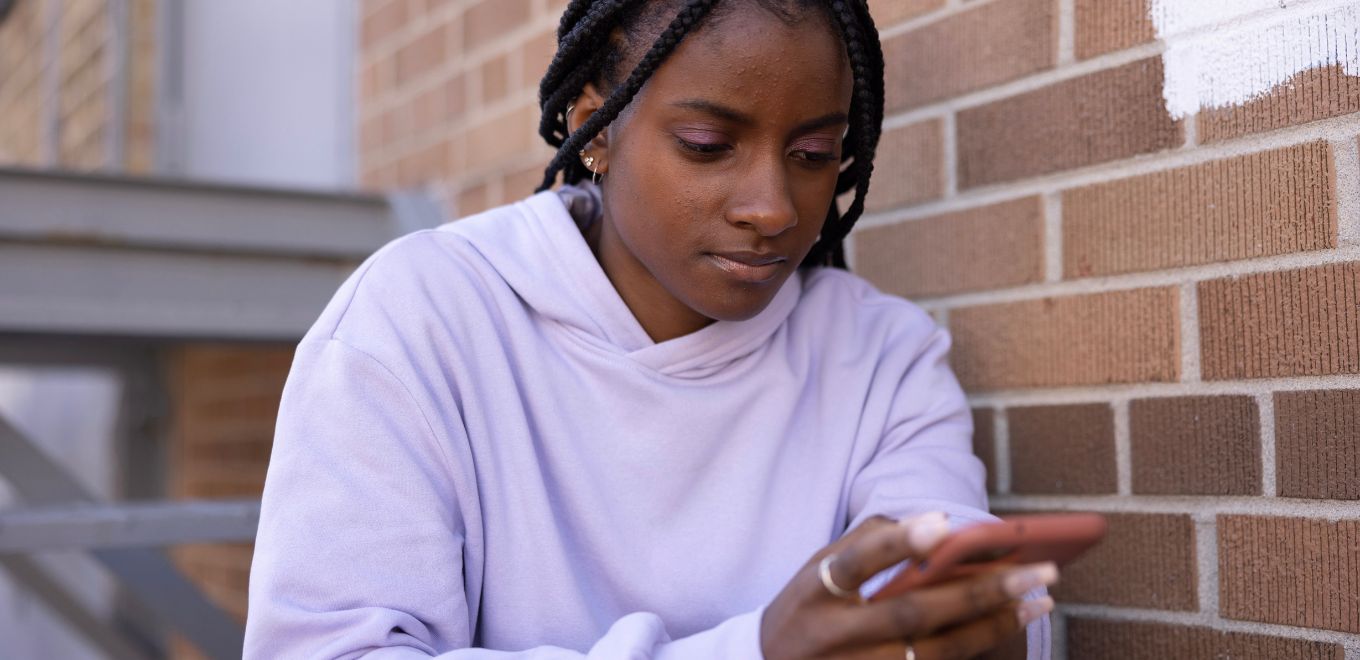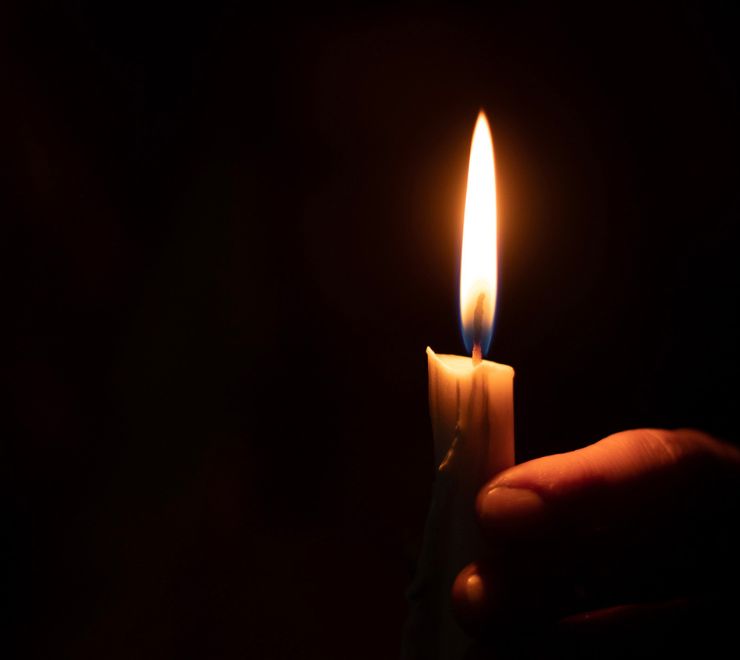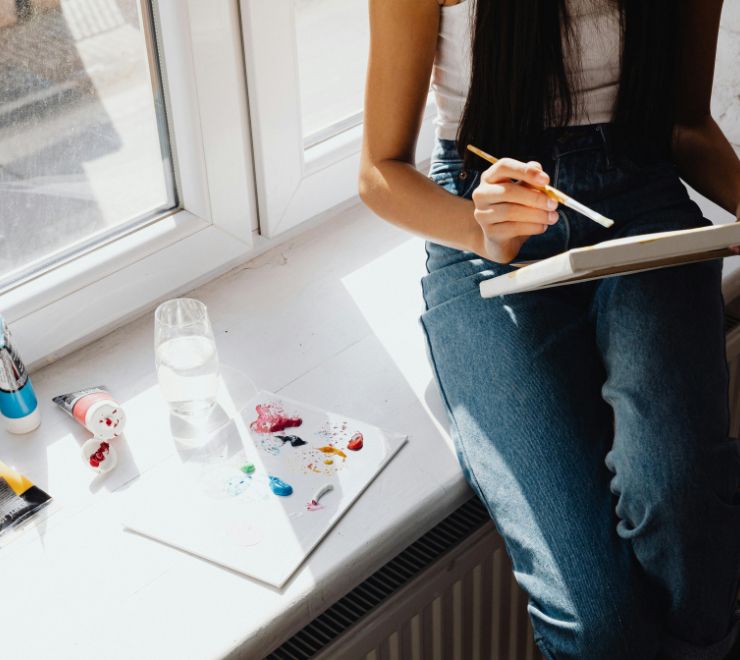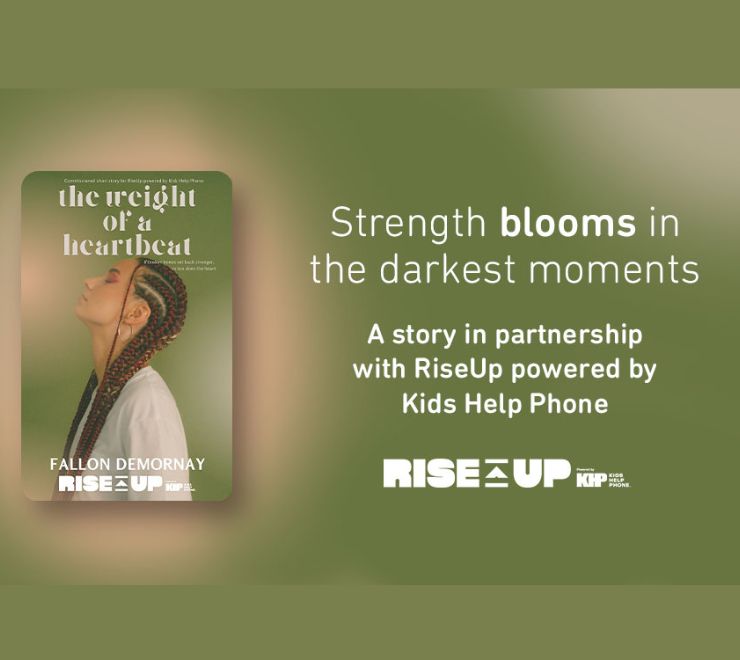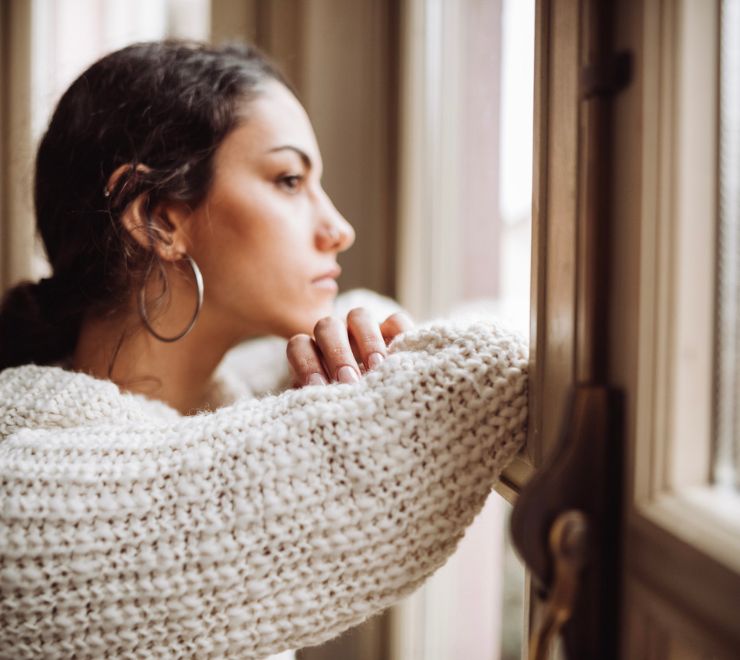Social distancing. School closures. Cancelled events. Terms like these have become a regular part of our vocabulary over the past few weeks. As a result of the new coronavirus, young people across Canada are adjusting to lots of change and a new normal. Here, Kids Help Phone shares some ways you can cope with social distancing during the COVID-19 pandemic.
What is social distancing (a.k.a. physical distancing)?
Social distancing is about spacing people out to help slow down the spread of COVID-19. It’s also called physical distancing to help remind people it’s not about stopping social connection, it’s about giving ourselves room to avoid catching/spreading the disease. It’s important to:
- avoid physical contact with people outside your living space
- keep at least two metres (about six feet) of space between yourself and others in public
- stay home as much as possible
- stay away from crowded areas
- be mindful of face-to-face contact with people who are more vulnerable to the virus (e.g. elderly people/people over age 65, people with other illnesses, etc.)
Physical distancing may bring up different emotions for people. Some people may value a slower pace of life and more time spent at home. Some people may be dealing with feelings of stress, fear, anxiety and isolation/loneliness. It’s totally understandable you may be feeling a range of emotions right now, but you can find comfort in knowing you’re not alone — we’re all going through this together.
How can I cope with social distancing?
Here are some tips you can use to adjust to physical distancing and take care of yourself during the outbreak:
- consider different ways you can practise self-care
- learn from Elders and Knowledge Keepers by phone or by watching webcasts about medicines, spending time on the land, language, stories, ceremonies, songs, etc.
- host a virtual gathering with friends/family for #qualitytime (e.g. video chat, group call, etc.)
- keep up your school work with e-learning resources
- find something to look forward to each day of the week (e.g. Monday is game night, Tuesday is movie night, Wednesday is pizza night, etc.)
- connect with the land (e.g. maple syrup collection, fishing, trapping, harvesting medicines, etc.)
- call, text, email or chat with someone you haven’t connected with in a while
- try a digital detox to take a break from triggering headlines in the news
- eat nutritious foods (you can spice things up in the kitchen by trying new recipes)
- get creative with how you exercise (there are lots of fun home workouts available on things like YouTube)
- catch up on sleep, rest and relaxation
- smudge to cleanse your mind and environment
- try to be flexible as things continue to evolve and change
- continue to wash your hands often and practise good hygiene (and encourage others in your living space to do the same)
- remember that support is still available whenever you need it — you can always talk to someone you trust or a resource like Kids Help Phone about whatever’s going on for you
How are other young people coping with social distancing?
We also reached out to our National Youth Council (NYC) to hear how they’re coping with physical distancing during the COVID-19 pandemic. Here’s what young people like you had to say:
- find a new daily routine (e.g. use a planner to map out your activities, etc.)
- go for a walk/hike/run/etc. while maintaining distance
- have a virtual Netflix party
- play a board game with people in your living space
- check in on friends by texting at least once per day
- make plans for all of the things you want to do when social distancing is over
- read
- play with LEGO
- do creative writing or journaling
- bake
- play video games
- try DIY crafts on YouTube
- have a bubble bath
- do yoga
- make a list of all the things you’re grateful for
- try new looks (e.g. with clothing, makeup, etc.)
- do a face mask
- play/make music
- clean or redecorate your room/living space
- do a puzzle or word search
- colour, draw or try graphic design
- learn a new skill
Although we don’t know how long social distancing will last, there are many different things you can do to make use of the time and take good care of yourself. If you need support, you can always (virtually) reach out to a friend, relative or anyone else you trust.
Kids Help Phone would like to thank our National Youth Council (NYC) and First Peoples Wellness Circle for their contributions to this story!





